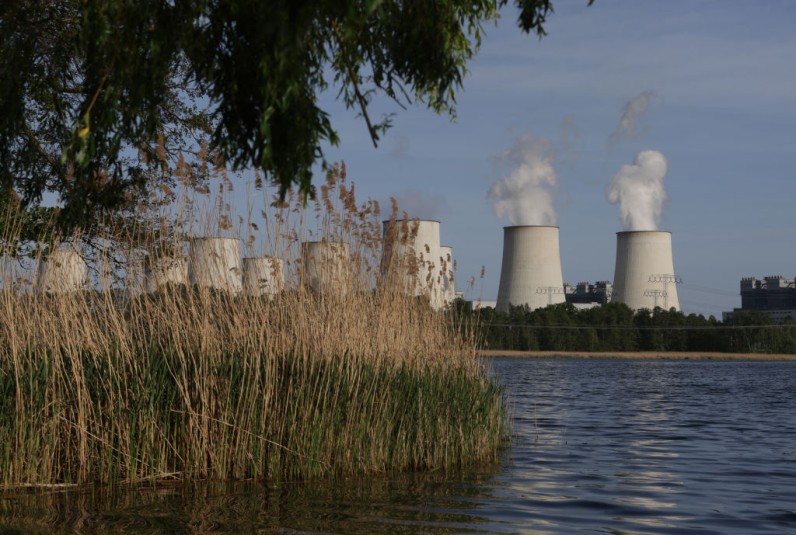
Germany said that the European Commission (EC) has agreed to compensate power company LEAG with up to EUR 1.75 billion ($1.90 billion) for deciding to move away from coal by 2038.
According to the German economy ministry, around EUR 1.2 billion ($1.3 billion) of the compensation would be allotted for the social costs of the exit and for repurposing the open cast mines in the region. Another EUR 550 million ($599 million) would compensate LEAG's forgone earnings due to the 2038 exit, subject to later adjustments based on the market situation, carbon prices, and the final phaseout date.
In a statement, LEAG CEO Thorsten Kramer said the compensation would be an "essential building block" for transforming from a coal firm to a green powerhouse.
Reuters reported that the move was part of the German government's efforts to expedite its decarbonization plan, which was revealed in 2020 by the previous German government of retired Prime Minister Angela Merkel.
The plan stipulated that the country would shut its coal-fired power plants by 2038 to become climate-neutral by 2045.
Prior to greenlighting the compensation, the EC had concerns about approving the state payment, so they opened an investigation in 2021 to find out if it distorted free competition in the European Union's (EU) internal market.
Mixed Reactions from Eastern Germany
LEAG supplies 7 gigawatts of lignite-fired power, which composes around 10% of Germany's total energy production.
As part of the transition, LEAG, which Czech investor EPH owns, aims to transition from coal to solar and wind energy production, aiming to replace its 7 gigawatts of coal-fired output with 7 gigawatts of renewable output by 2030.
However, the transition and efforts to accelerate it received mixed sentiments in Lusatia, a mining region in eastern Germany, traditionally a coal-powered area when Germany was still divided by the Iron Curtain.
Several people in the region have remained skeptical about the social and ecological impact of Germany's planned coal exit and its technical challenges.
However, German Economy Minister Robert Habeck said in a statement that the step was an "important" one for the region.
Mining.com reported that LEAG is one of the last lignite coal mining firms still operating in Germany. The government struck a EUR 2.6 billion deal with RWE in 2022, agreeing to a 2030 phaseout instead of 2038.







Join the Conversation